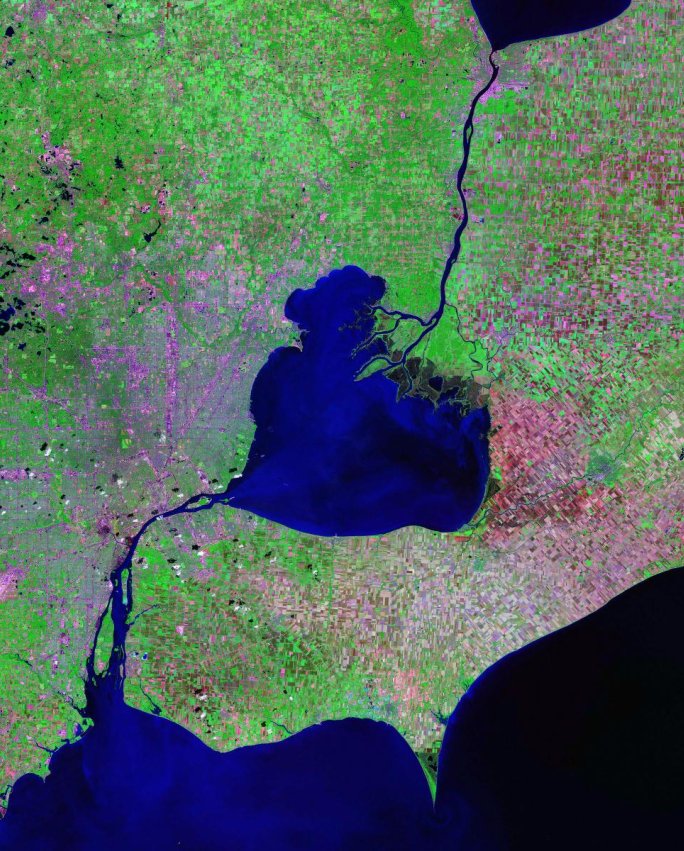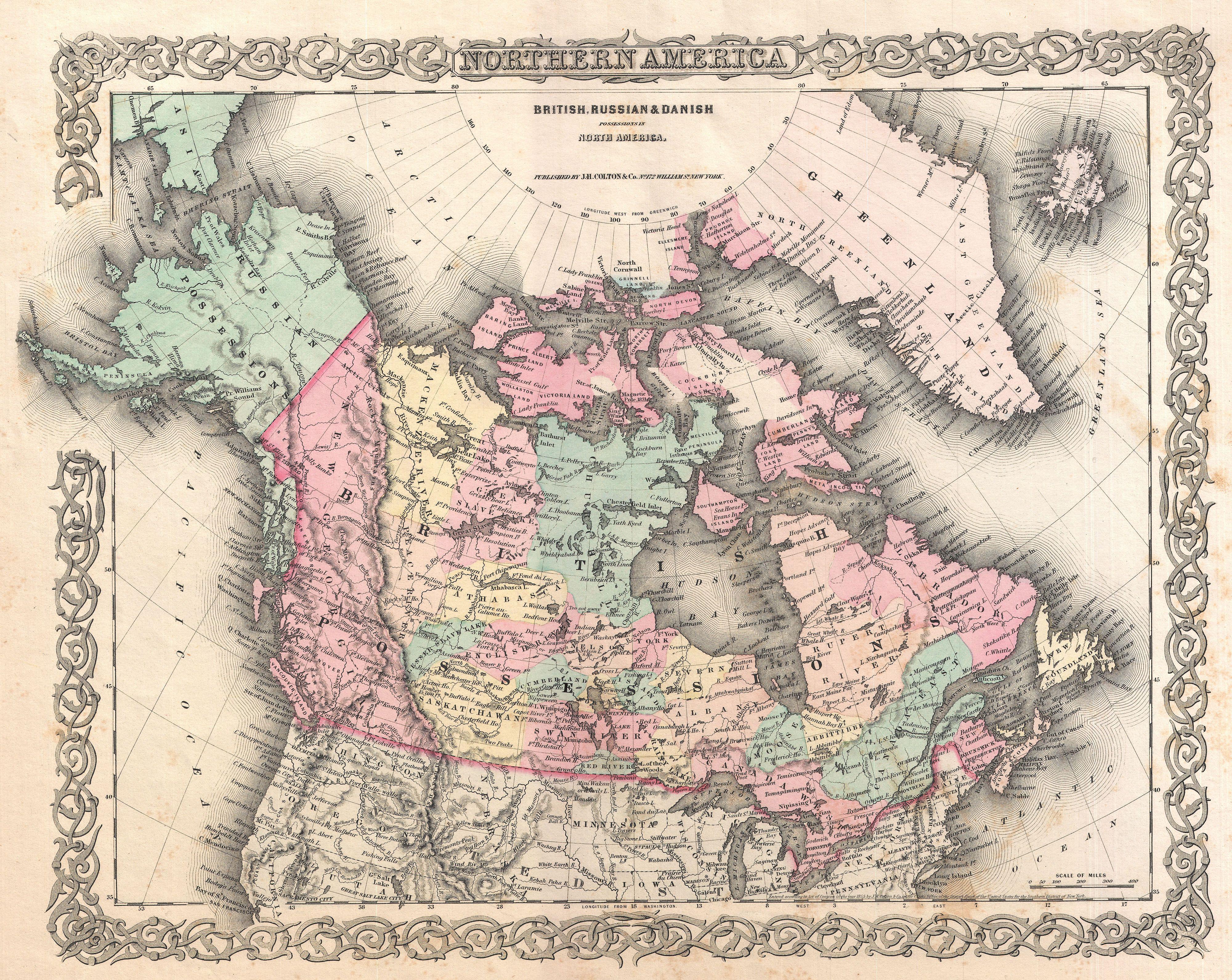|
Rum-runner
Rum-running or bootlegging is the illegal business of smuggling alcoholic beverages where such transportation is forbidden by law. Smuggling usually takes place to circumvent taxation or prohibition laws within a particular jurisdiction. The term ''rum-running'' is more commonly applied to smuggling over water; ''bootlegging'' is applied to smuggling over land. It is believed that the term ''bootlegging'' originated during the American Civil War, when soldiers would sneak liquor into army camps by concealing pint bottles within their boots or beneath their trouser legs. Also, according to the PBS documentary ''Prohibition'', the term ''bootlegging'' was popularized when thousands of city dwellers sold liquor from flasks they kept in their boot legs all across major cities and rural areas. The term ''rum-running'' was current by 1916, and was used during the Prohibition era in the United States (1920–1933), when ships from Bimini in the western Bahamas transported cheap Caribb ... [...More Info...] [...Related Items...] OR: [Wikipedia] [Google] [Baidu] |
Canadian Whisky
Canadian whisky is a type of whisky produced in Canada. Most Canadian whiskies are blended multi-grain liquors containing a large percentage of corn spirits, and are typically lighter and smoother than other whisky styles.What is Canadian Whisky? ''whisky.com''. (Access date December 15, 2010.) When Canadian distillers began adding small amounts of highly-flavourful grain to their mashes, people began demanding this new rye-flavoured whisky, referring to it simply as "rye". Today, as for the past two centuries, the terms " rye whisky" and "Canadian whisky" are used interchangeably in Canada and (as defined in Canadian law ... [...More Info...] [...Related Items...] OR: [Wikipedia] [Google] [Baidu] |
Bootlegging (business)
Bootlegging in corporate research and development is defined as "a non-formalised and non-declared (secret) bottom-up innovation process for the benefit of the bootlegger's firm." In corporate bootlegging, an employee works on a project or projects unconnected to their "official" work, and is generally allowed to do so in the understanding that it may benefit the company in some way; however, managerial approval is not always given. David A. Schon introduced the notion of bootlegging into economics and business administration literature in 1963. Bootlegging, as it is illegitimate behaviour, may cause an ethical dilemma between moral imperatives (i.e. the anomie caused from management's action plan versus the task to innovate). However, sometimes bootlegging can be carried out in a conspiration with management (conspirational bootlegging). Bootlegging which continues despite explicit managerial disapproval is called "hardcore bootlegging" or "creative deviance". Causes The ma ... [...More Info...] [...Related Items...] OR: [Wikipedia] [Google] [Baidu] |
New York City
New York, often called New York City or NYC, is the most populous city in the United States. With a 2020 population of 8,804,190 distributed over , New York City is also the most densely populated major city in the United States, and is more than twice as populous as second-place Los Angeles. New York City lies at the southern tip of New York State, and constitutes the geographical and demographic center of both the Northeast megalopolis and the New York metropolitan area, the largest metropolitan area in the world by urban landmass. With over 20.1 million people in its metropolitan statistical area and 23.5 million in its combined statistical area as of 2020, New York is one of the world's most populous megacities, and over 58 million people live within of the city. New York City is a global cultural, financial, entertainment, and media center with a significant influence on commerce, health care and life sciences, research, technology, educa ... [...More Info...] [...Related Items...] OR: [Wikipedia] [Google] [Baidu] |
Order-in-council
An Order-in-Council is a type of legislation in many countries, especially the Commonwealth realms. In the United Kingdom this legislation is formally made in the name of the monarch by and with the advice and consent of the Privy Council (''King-in-Council''), but in other countries the terminology may vary. The term should not be confused with Order of Council, which is made in the name of the Council without royal assent. Types, usage and terminology Two principal types of Order in Council exist: Orders in Council whereby the King-in-Council exercises the royal prerogative, and Orders in Council made in accordance with an Act of Parliament. In the United Kingdom, orders are formally made in the name of the monarch by the Privy Council ('' King-in-Council or Queen-in-Council''). In Canada, federal Orders in Council are made in the name of the Governor General by the King's Privy Council for Canada; provincial Orders-in-Council are of the Lieutenant-Governor-in-Council by th ... [...More Info...] [...Related Items...] OR: [Wikipedia] [Google] [Baidu] |
War Measures Act
The ''War Measures Act'' (french: Loi sur les mesures de guerre; 5 George V, Chap. 2) was a statute of the Parliament of Canada that provided for the declaration of war, invasion, or insurrection, and the types of emergency measures that could thereby be taken. The Act was brought into force three times in Canadian history: during the First World War, Second World War, and the 1970 October Crisis. The Act was questioned for its suspension of civil liberties and personal freedoms, including only for Ukrainians and other Europeans during Canada's first national internment operations of 19141920, the Second World War's Japanese Canadian internment, and in the October Crisis. In 1988, it was repealed and replaced by the '' Emergencies Act''. First World War In the First World War, a state of war with Germany was declared by the United Kingdom on behalf of the entire British Empire. Canada was notified by telegraphic despatch accordingly, effective 4 August 1914, and that ... [...More Info...] [...Related Items...] OR: [Wikipedia] [Google] [Baidu] |
Rum-running In Windsor, Ontario
Rum-running in Windsor, Ontario, Canada, was a major activity in the early part of the 20th century. In 1916, the State of Michigan, in the United States, banned the sale of alcohol, three years before prohibition became the national law in 1919. From that point forward, the City of Windsor, Ontario was a major site for alcohol smuggling and gang activity. The Canadian federal government regulated the manufacturing, importation, and exportation of alcoholic beverages in all the provinces. When the Wartime Prohibition Act, which prohibited the manufacturing, sale, or consumption of alcoholic beverages expired on January 1, 1920, new legislation authorized each province to decide whether to continue the enforced bans on alcohol. Like most provinces in Canada, Ontario chose to continue to ban the production and sale of alcohol. This decision led to an upswing in organized crime activity along the Detroit-Windsor borders. The Eighteenth Amendment, Volstead Act and near beer On Jan ... [...More Info...] [...Related Items...] OR: [Wikipedia] [Google] [Baidu] |
Canada–United States Border
The border between Canada and the United States is the longest international border in the world. The terrestrial boundary (including boundaries in the Great Lakes, Atlantic, and Pacific coasts) is long. The land border has two sections: Canada's border with the contiguous United States to its south, and with the U.S. state of Alaska to its west. The bi-national International Boundary Commission deals with matters relating to marking and maintaining the boundary, and the International Joint Commission deals with issues concerning boundary waters. The agencies currently responsible for facilitating legal passage through the international boundary are the Canada Border Services Agency (CBSA) and U.S. Customs and Border Protection (CBP). History 18th century The Treaty of Paris of 1783 ended the American Revolutionary War between Great Britain and the United States. In the second article of the Treaty, the parties agreed on all boundaries of the United States, including, bu ... [...More Info...] [...Related Items...] OR: [Wikipedia] [Google] [Baidu] |
Prince Edward Island
Prince Edward Island (PEI; ) is one of the thirteen provinces and territories of Canada. It is the smallest province in terms of land area and population, but the most densely populated. The island has several nicknames: "Garden of the Gulf", "Birthplace of Confederation" and "Cradle of Confederation". Its capital and largest city is Charlottetown. It is one of the three Maritime provinces and one of the four Atlantic provinces. Part of the traditional lands of the Miꞌkmaq, it was colonized by the French in 1604 as part of the colony of Acadia. The island was ceded to the British at the conclusion of the French and Indian War in 1763 and became part of the colony of Nova Scotia, and in 1769 the island became its own British colony. Prince Edward Island hosted the Charlottetown Conference in 1864 to discuss a union of the Maritime provinces; however, the conference became the first in a series of meetings which led to Canadian Confederation in 1867. Prince Edward Island ... [...More Info...] [...Related Items...] OR: [Wikipedia] [Google] [Baidu] |
Province Of Canada
The Province of Canada (or the United Province of Canada or the United Canadas) was a British colony in North America from 1841 to 1867. Its formation reflected recommendations made by John Lambton, 1st Earl of Durham, in the Report on the Affairs of British North America following the Rebellions of 1837–1838. The Act of Union 1840, passed on 23 July 1840 by the British Parliament and proclaimed by the Crown on 10 February 1841, merged the Colonies of Upper Canada and Lower Canada by abolishing their separate parliaments and replacing them with a single one with two houses, a Legislative Council as the upper chamber and the Legislative Assembly as the lower chamber. In the aftermath of the Rebellions of 1837–1838, unification of the two Canadas was driven by two factors. Firstly, Upper Canada was near bankruptcy because it lacked stable tax revenues, and needed the resources of the more populous Lower Canada to fund its internal transportation improvements. Sec ... [...More Info...] [...Related Items...] OR: [Wikipedia] [Google] [Baidu] |
American Frontier
The American frontier, also known as the Old West or the Wild West, encompasses the geography, history, folklore, and culture associated with the forward wave of United States territorial acquisitions, American expansion in mainland North America that began with European colonization of the Americas, European colonial settlements in the early 17th century and ended with the admission of the last few western territories as states in 1912 (except Alaska, which was not Alaska Statehood Act, admitted into the Union until 1959). This era of massive migration and settlement was particularly encouraged by President Thomas Jefferson following the Louisiana Purchase, giving rise to the Expansionism, expansionist attitude known as "Manifest destiny, Manifest Destiny" and the historians' "Frontier thesis, Frontier Thesis". The legends, historical events and folklore of the American frontier have embedded themselves into United States culture so much so that the Old West, and the Western ge ... [...More Info...] [...Related Items...] OR: [Wikipedia] [Google] [Baidu] |
Colony
In modern parlance, a colony is a territory subject to a form of foreign rule. Though dominated by the foreign colonizers, colonies remain separate from the administration of the original country of the colonizers, the ''metropole, metropolitan state'' (or "mother country"). This administrative colonial separation makes colonies neither incorporated territories nor client states. Some colonies have been organized either as dependent territory, dependent territories that are Chapter XI of the United Nations Charter, not sufficiently self-governed, or as self-governing colony, self-governed colonies controlled by settler colonialism, colonial settlers. The term colony originates from the ancient rome, ancient Roman ''colonia (Roman), colonia'', a type of Roman settlement. Derived from ''colon-us'' (farmer, cultivator, planter, or settler), it carries with it the sense of 'farm' and 'landed estate'. Furthermore the term was used to refer to the older Greek ''apoikia'' (), which w ... [...More Info...] [...Related Items...] OR: [Wikipedia] [Google] [Baidu] |






